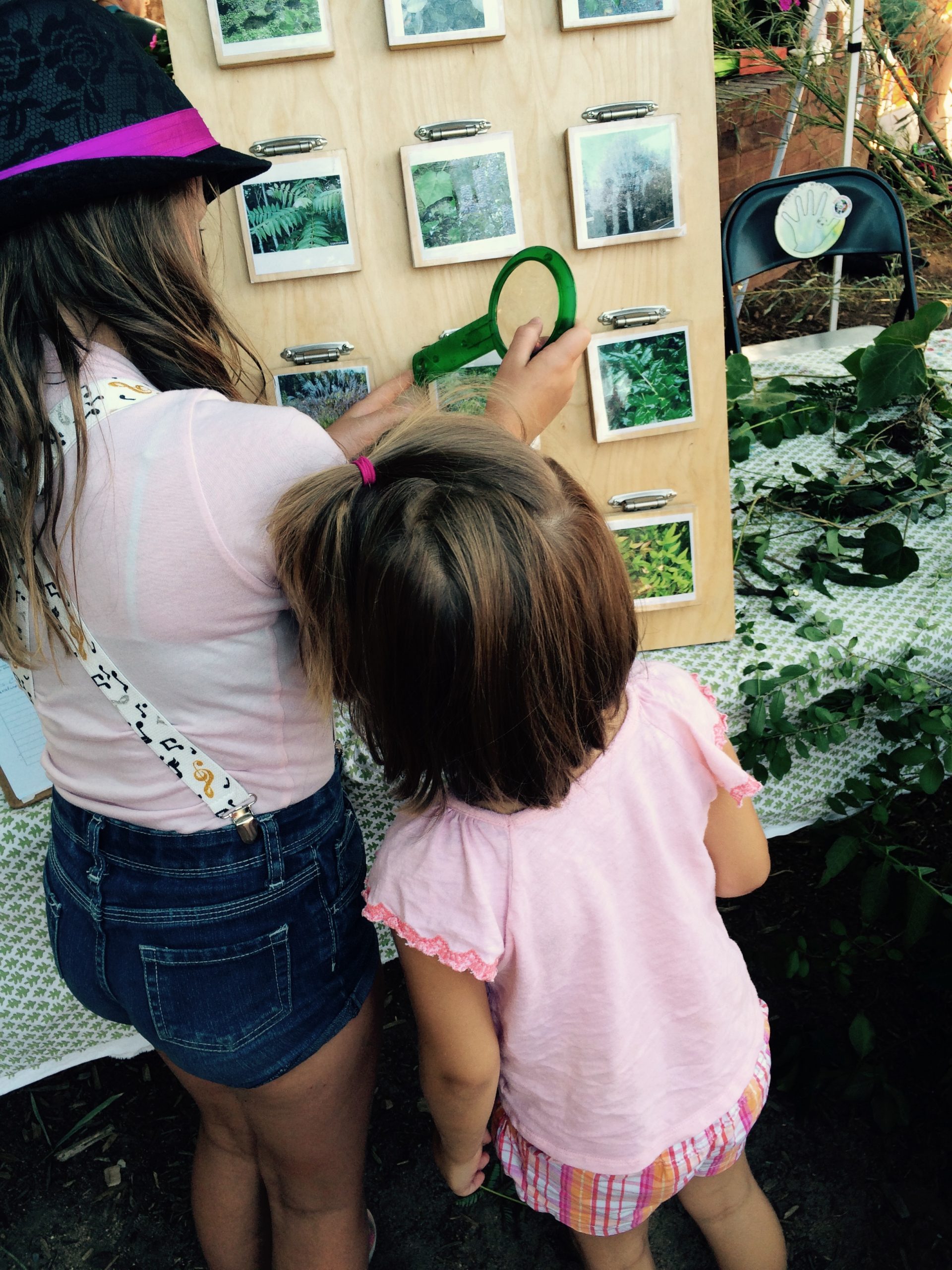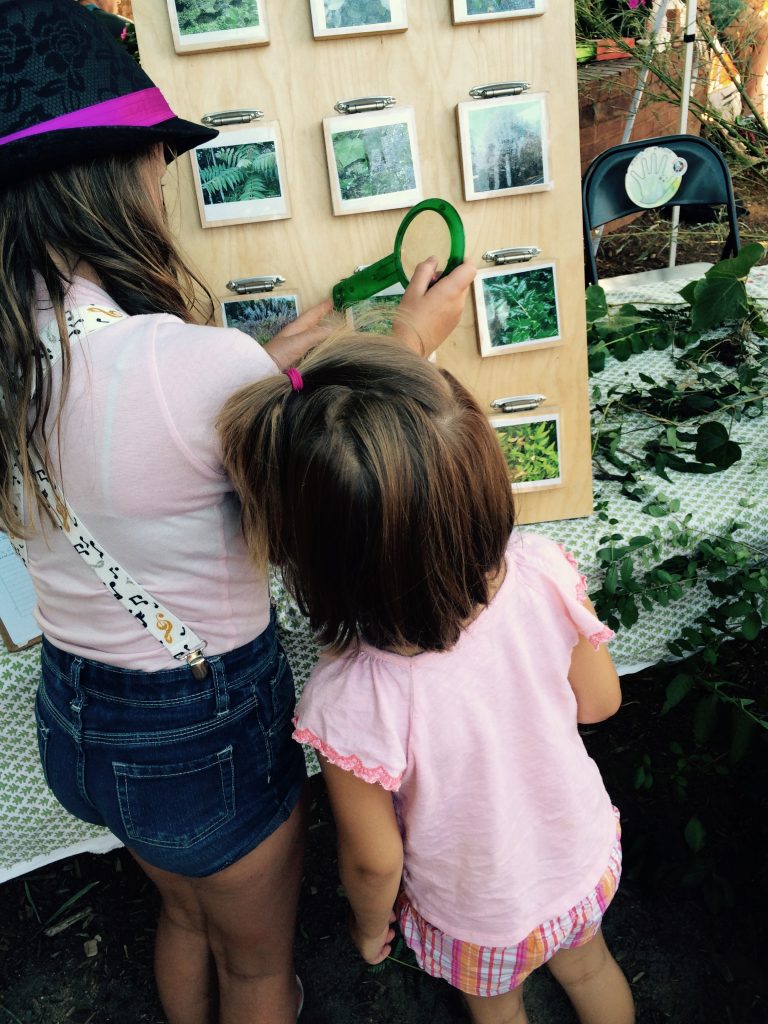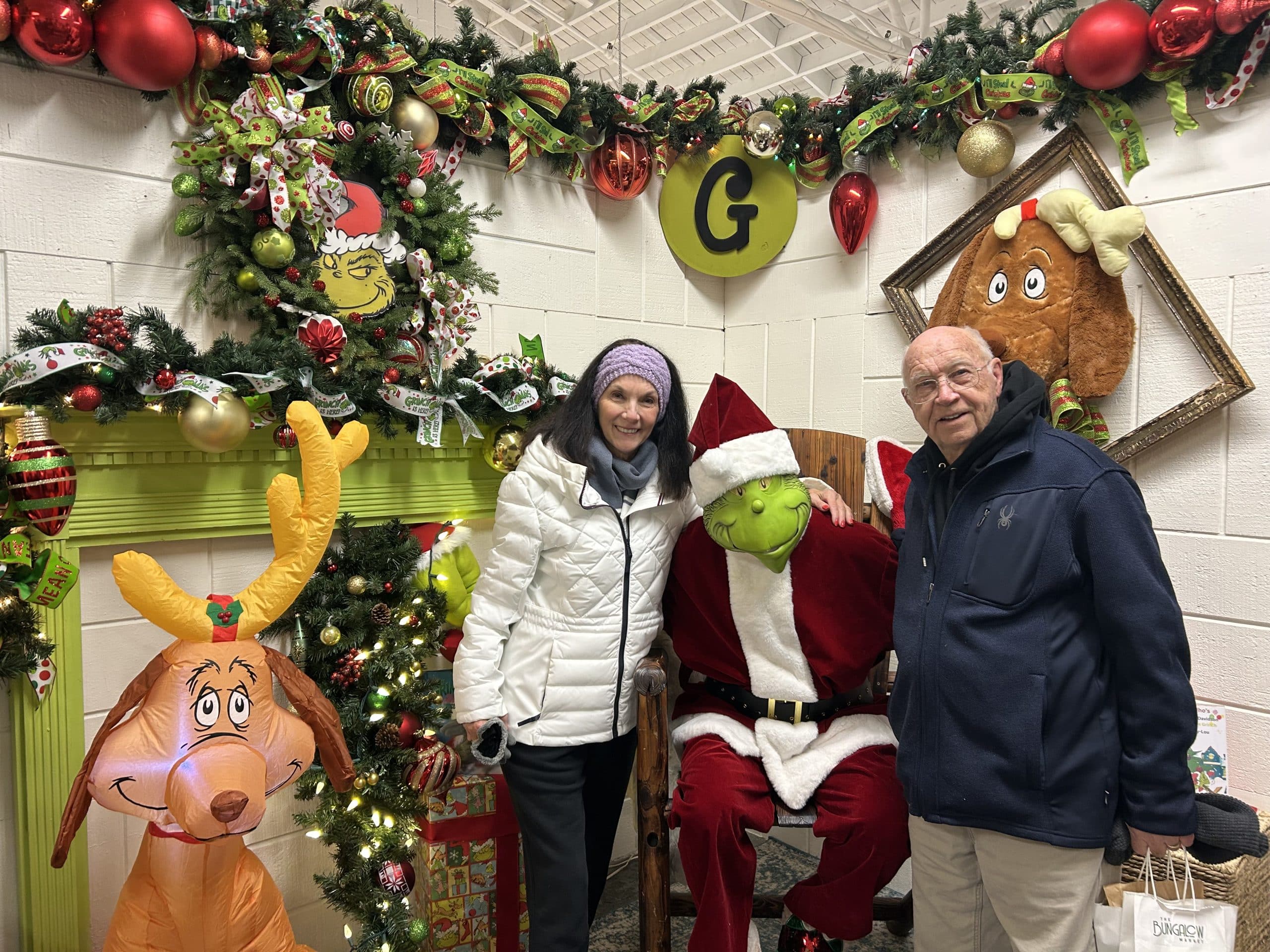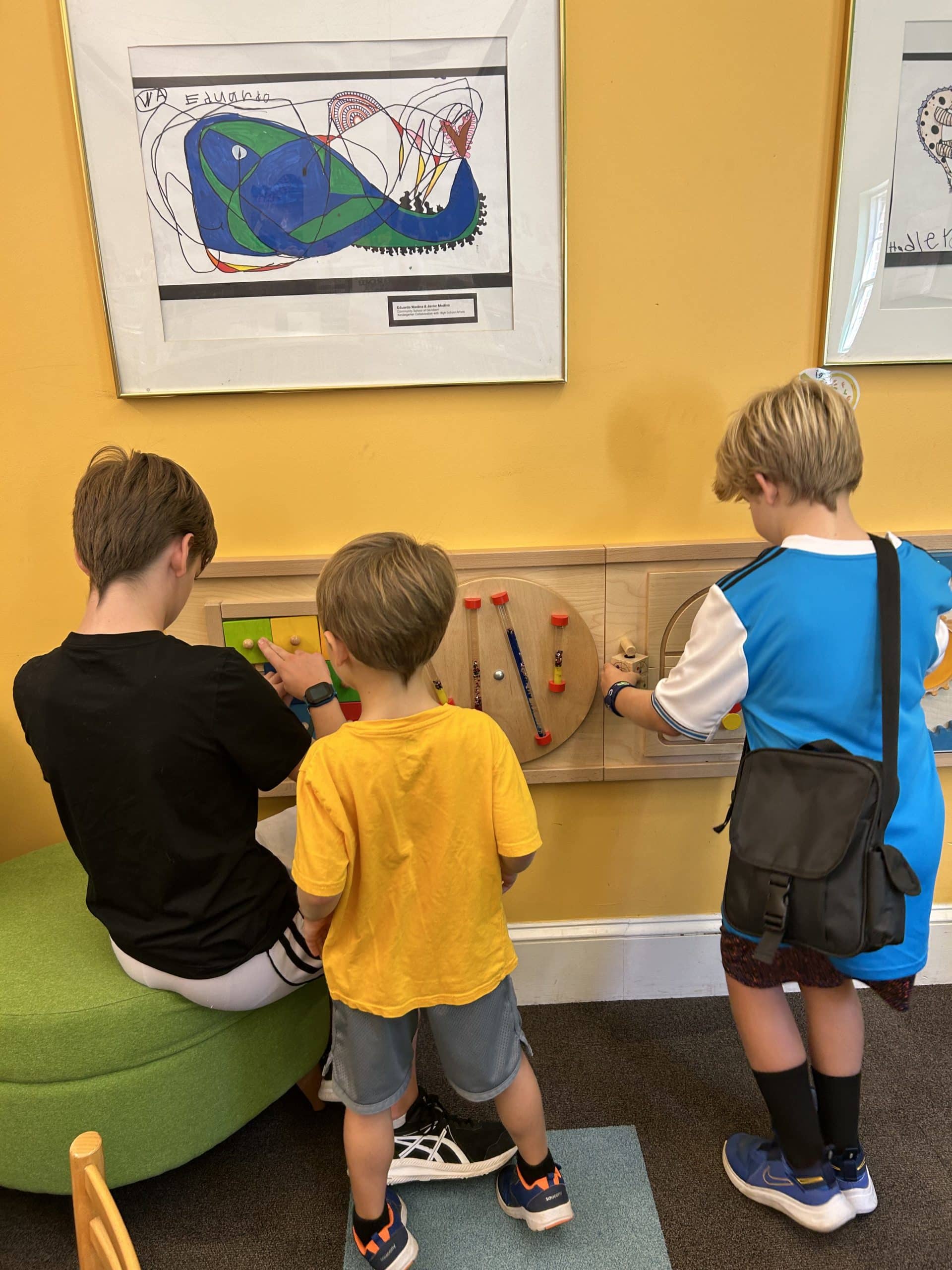If a student doesn’t like his/her teacher, is learning in jeopardy? This is a controversial subject that has resurfaced today. What makes a teacher likeable from a student’s perspective? Is ‘liking’ a teacher more important than respecting a teacher?
Research states that students learn best through hands-on learning with discussions. Most students favor interactive lessons especially when it is in sync with students’ interests. Does this make a teacher more ‘likeable’? Recently, it’s stated that students must like their teacher in order to do well academically. In truth, students must respect teachers more than ‘like’ them to do well in class.
No doubt that a teacher/student relationship is very important. Students spend many hours a day with teachers. A positive relationship requires respect and communication. With the many personalities as well as individual learning styles, building a positive relationship with each student may be difficult.
 Students favor a teacher who demonstrates respect toward them; thus, creating a classroom of active learners. Students want to be in charge of their learning. They want challenged to think and to understand several sides of an argument or a discovery.
Students favor a teacher who demonstrates respect toward them; thus, creating a classroom of active learners. Students want to be in charge of their learning. They want challenged to think and to understand several sides of an argument or a discovery.
As challenges occur in everyday life, having them occur in classrooms teach children to understand the real world. To be in charge of their own learning is to have students develop and test a method with a teacher as a facilitator that will direct the learning toward a particular goal. Students want to feel important and to have a voice. What they do and say has meaning.
Creativity needs to be developed in each student, with some topics more open-ended than others. Students feel a great deal of satisfaction when they create or develop a project on their own.
What do students want from their teacher?
• A happy teacher that greets them every day and wishes them well at the end of class.
• A smile when eye contact is made.
• Attentiveness when answering in class or when speaking privately.
• Have an imagination and dream for each student for their accomplishments.
• An inquiring mind. Ask students about their out of school activities.
• Process time for the learning – think, share, and play time.
• Accountability for each student’s learning.
• Engagement in the learning and letting them ask questions and explore answers.
• Trust and belief in what a they can do.
When students have a personality clash with their teacher, they need to get past it. There is nothing to do about it short of changing classes and finding another teacher. That doesn’t always help. Switching a student to another classroom at any age is traumatic for the student. Switching to another classroom is a rare and an extreme course of action. It’s very disruptive to the student and the other students in the class. If a conflict occurs open the line of communication with the student as well as the teacher. Talk to the teacher and view concerns. Ask for advice on helping the student achieve in the class.
Students learn best when they get along with classmates and teachers. The classroom needs to be active with open communication among students. Learning occurs when teachers and students work together as a team. In an ideal world, students and parents would be able to select a teacher best suited for their child. Most schools let teachers place students in a classroom with classmates they feel will construct the best learning environment for a student. We don’t live in an ideal world. In middle school, high school, and college classes, students have limited choices. Trust the educators to do the best they can with all students in mind.



